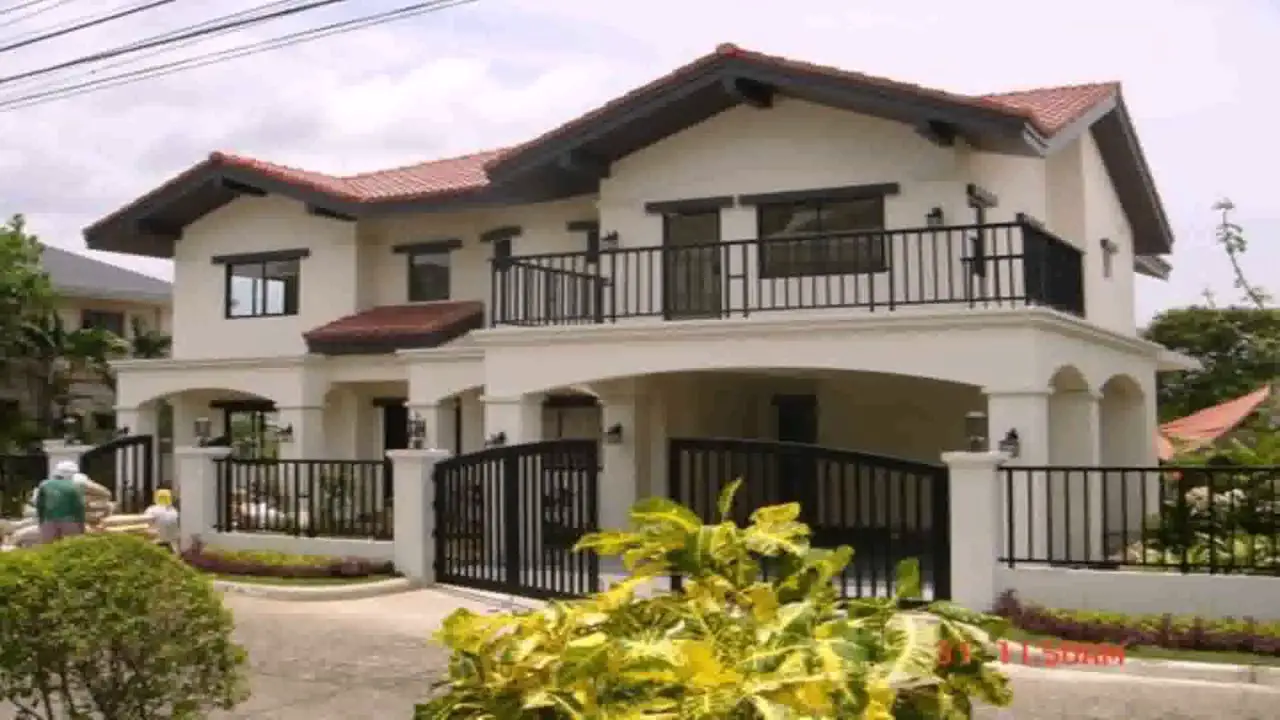Buying your dream home can be considered a major life milestone. After years living with parents, renting out when you started working — and accumulating savings, building credit reputation and planning on housing loans in the process — the next logical move is to get your own house as you plan to settle down and start a family.
Once in awhile, you find offers of new housing developments but choosing the right one involves several factors such as accessibility, layout, facilities and price. But the more attractive ones are those whose owners are willing to give up for certain reasons, mostly financial. Yet, while these offers might be easier to snag at a price lower than the market, it’s not a homerun when you start negotiating.
So let’s say you offered a decent, not extravagant, amount for a house you’d consider your dream home. However, the owner balked at the offer and seemed to walk away from the negotiating table. Should you bring a sweetener to the offer, threaten to walk away or do something else?

1. Provide a counter-offer
As an interested party, you are in a position to chase a coveted property. If your offer was indeed lower than the advertised price, it is normal for the owner to react with a “no deal” especially if you have shown significant interest to acquire the property. For the owner, realizing there’s a reason it is your dream house brings confidence he or she might find another buyer with better offer.
So before someone snags away your dream house via a better offer, you should at least consider making an offer. An owner may likely entertain you more than a newer bidder if you have established a cordial engagement, clearly stating your desire to own the house, and an offer that’s not too shabby.
If you received an unsolicited offer, the owner might likely agree to your new offer, giving himself confidence that as the new owner of the house, you’ll provide the necessary effort for its upkeep.
If you approached the owner making the offer, it requires more effort on your part to upgrade your bid; the owner might not even be willing to give it up except only on certain terms — likely an offer he or she cannot refuse.
Even when the house is sold, the owner might still have attachment to it, considering the good memories he or she has had within that dwelling place.
2. Understand owner’s perspective
As mentioned, there are factors that keep the owner from accepting an initial offer from an interested buyer. It could be that the owner isn’t really keen on selling the house, but was only approached for exploratory purposes. It may be the value of house is too big compared with the offer, not to mention the sentimental value and amount of effort and financial investment he or she had to exert to build the house. Or the owner has limited options at the moment once the house is sold — no idea where to move, property market is too expensive to acquire a new house, and so on.
Imagine if you were in the shoe of the owner, would you accept the offer you actually made? Would you leave the house where your children were raised and was a symbol of family stability? Will you be able to find a house of similar value (location, layout, equity value, etc) should you still be active in property investment?
Needless to say, it’s always beyond the money factors owners and buyers have to understand when dealing a second-hand residential unit.
3. Learn to know when to get off negotiating table
If you realize both parties have been in a deadlock for sometime and unable, or unwilling, to make a compromise to get the deal done, it might be time to move on. Sometimes, owners are not yet prepared to part with their property, or buyers don’t have pockets deep enough to make bigger bids.
When you feel you have done what’s necessary and exhausted all efforts, yet no offer has been accepted, it’s best to withdraw the offer and explore other options. You might realize later that if you have not backed out, you’ve gone beyond your means in your effort to acquire the property, while ignoring other properties available at less amount of investment.
Conclusion
As potential transactions involve huge amount of financial commitment/windfall, negotiating with property owners is a long process and it is never easy especially when they have already decided on a price and is firm with it or even tell you they changed their mind and the property is off the market.
As a buyer, you may be lucky if an initial offer is accepted. But if not, learn to know your limits — what to give up and what you’ll get in return. Research thoroughly all the factors, including taxation, cost of moving in or accessibility to work and school, which you may have overlooked as you gaze on the property itself for too long.
After all, buying your own home is a huge milestone and making a decision should not done in haste.
